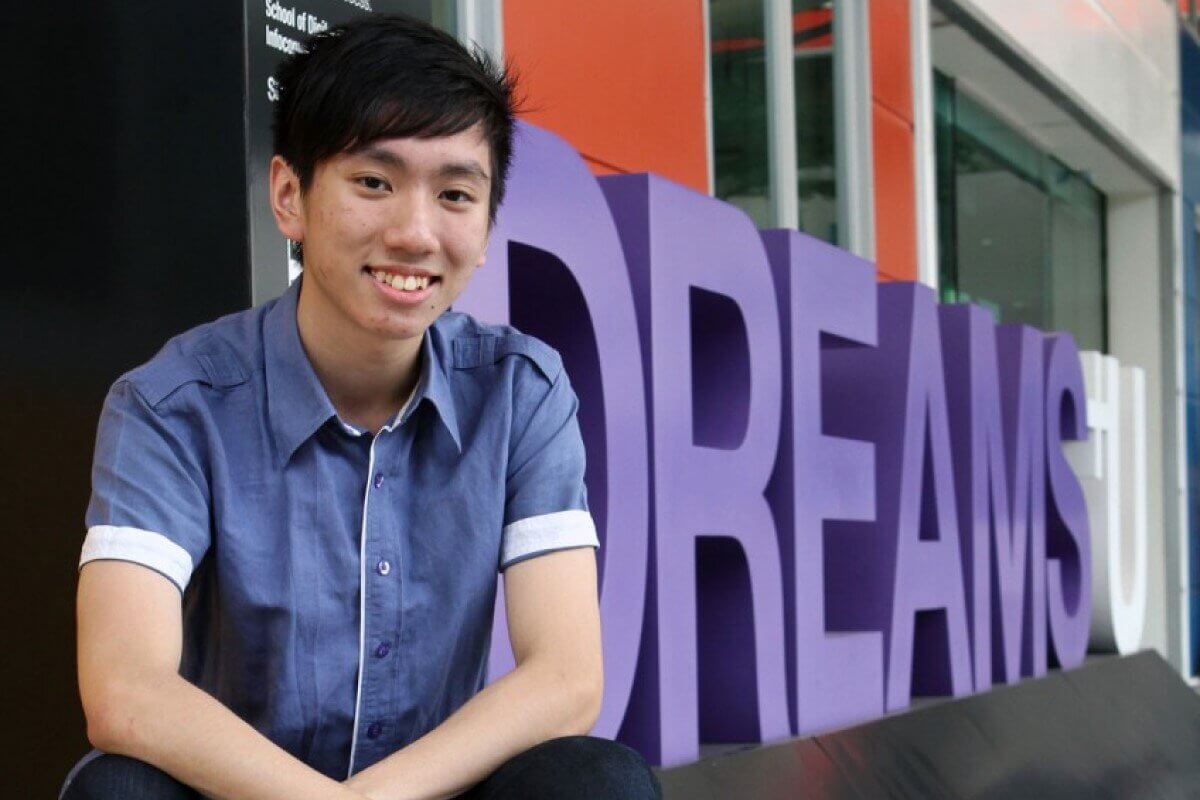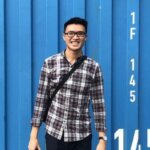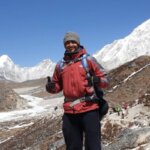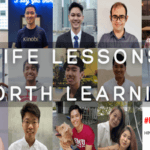Hindsight is 2020 (#HI2020) is a ground up initiative founded and led by SMU Lee Kong Chian School of Business Class of 2020 graduate Jessica Lee Yi Ling. In this series, she uncovers personal stories of resilience, courage and love amidst the crazy year that was 2020. Through the reflections and learnings shared in #HI2020, she hopes to empower internship and job seekers to improve their status quos and encourage aspiring entrepreneurs and volunteers to pursue their passions in 2021.
By Jessica Lee, Alumna, SMU Lee Kong Chian School of Business
A guardian of our cyberspace of the future—this is what SMU School of Computing and Information Systems (SCIS) sophomore, Shawn Pang, strives to be. Passionate and possibly obsessed with Information Technology, he is always busy exploring new and upcoming tech. Some see him as a computer guru, and that’s true to an extent, but not many could have guessed that Shawn is part of the health surveillance taskforce combating the ongoing pandemic. In this interview with my SMU Ambassadorial Corps (ASMU) mentee, we find out a bit more about his very meaningful stint.
Here are three key takeaways from Shawn:
- A mind is like a parachute; it functions only when it is open
- Stay on your toes and always move forward
- Successful people know their “WHY”
How did you end up joining the contact tracing taskforce (also known as the health surveillance taskforce)?
As a military regular, I have to report to camp every summer holiday to fulfil my contract with them. However, the situation was different this year given the Covid-19 pandemic. The objective set out for the many returning military regulars was to curb the spread of the virus by helping out in contact tracing efforts. In a normal year, I would have been responsible for performing my regular cyber security duties.
When I first joined the health surveillance taskforce, I was placed in a data management role as it was assumed that I could only do Excel since I’m from an IT-related course. This perception changed after I started to perform the tasks given as I was able to display other skills including soft skills on top of my technical abilities.
What did your family and friends say when they found out about your contact tracing responsibility?
They were surprised as they thought I was going back to perform my regular military duties; they did not expect my first vacation attachment to involve being a contact tracer. As they too had misconceptions about what a contact tracer’s role entailed, they were not as concerned, although they did worry about me being exposed to a large number of people at the contact tracing centres, and potentially having a higher risk of contracting the virus as this was during the period where infection numbers were high.
What were your initial expectations of the contact tracer role?
Based on the news, it seemed like a typical 9 to 5 office job where the main task was to call up people. However, I soon realised that I was tasked to handle data management instead of being one of the contact tracing “callers”.
The operation was fast-paced and everyone was very serious. Due to the lack of manpower, I was placed in the headquarter office to perform data management operations. The HQ received Covid-19 lab results as soon as they were out, so I then had to trawl the lab results, assign jobs to the contact tracers and account for every patient who tested positive for the virus in Singapore. I had a day to learn my tasks and duties before I was deployed to perform them on my own.
The working hours were long, because most of our data management duties involved prepping the cases for contact tracing before the contact tracers reported to work at 9am, and then consolidating the cases at the end of each day once the contact tracers end their work at night. It could easily stretch from 8am to 2am. Working days were not just limited to Mondays to Fridays—they included Saturdays, Sundays and even public holidays. As our superiors reminded us: Covid-19 never goes on a holiday.
On top of contract tracing, did you have additional commitments?
In addition to my work, I was involved in ASMU projects that revolved around raising funds for the SMU Bursary Fund to help financially challenged students receive a holistic SMU education. There were many industry certifications, competitions, and opportunities offered during this period, but I had to turn them down as I needed to prioritise the different activities and spend my time and energy wisely.
What were some of your top concerns then?
I knew that I had to be extra careful when dealing with the data as any mistake in the data processing could mean missing out on probable cases and clusters.
I was also really hoping that people would adhere to the safe distancing rules and leave their houses only if necessary so that we could curb the spread. While my team and I were trying our best to manage the situation, it didn’t make sense how some people were refusing to take the measurements seriously.
Overall, how did you experiences change your perspective on your role as part of the contact tracing taskforce?
At first, the job felt rather monotonous because we were dealing with just data every day, and the daily caseload can stretch from hundreds to sometimes thousands. It was rather tiring for us having to process all the data due to the long hours. It didn’t help that requirements were changing everyday (the way we needed to process the data due to new policies or cluster sites) so we were required to redo a lot of the work, rewrite our work processes and reformulate the way we process the data.
Until one day, on my way to work, I noticed a group of migrant workers back at work on road constructions. It was a rare sight, as most migrant workers were still quarantined or kept in gazetted dormitories where they were isolated. The workers waved at me, smiled and we exchanged greetings. I soon realised that I had recently “processed” a nearby dormitory, and that dormitory was now cleared to allow certain workers to go back to work. That was when it struck me that my work had created positive impact in the lives of those workers by helping them get back to work. That’s when I started to see the light and recognised how meaningful my work was.
What kept you going through this whole period?
The colleagues I worked with in the role started to develop a similar drive and motivation to not just survive but thrive in this situation so as to contribute to Singapore’s successful management of the pandemic. I am grateful for their company, especially Joel Cheong and Jeffrey Tan—good friends of mine who had shared this arduous journey with me.
My family members—who were most supportive. My mother also made sure that I got home safely after work, even if work ended at 2 to 3 in the morning.
Evidently this summer didn’t go the way you planned it. Looking back now, do you have any regrets?
No doubt, this was a crazy summer. It was certainly an arduous journey for not only me, but also for the frontline workers and everyone who was affected by the situation in one way or another.
As the Covid situation improved, contact tracing became more manageable. Before I knew it, my attachment had come to an end. I trained a handful of MOH staff who took over my responsibilities. They are now running operations independently, using the tools and procedures we had developed and passed on to them.
Could you share with us your learnings from this summer, especially those that you feel your family and friends can also benefit from?
- Keep an open mind; just like how my feelings toward the job became different later, it shows that things may not always be what they seemed.
- Be on your toes; avoid getting too comfortable with the tasks you are performing as situations can change and new requirements may be introduced.
- Focus on the purpose behind what you do; perhaps it is to give back to someone or a community, or it could be to protect your family and friends. When you feel lost, always remember to return to why you started in the first place.
This article has been adapted from LinkedIn for republishing on The SMU Blog with permission. Learn more about Hindsight is 2020 here.
Gear up to be a future-ready talent with SMU’s undergraduate programmes. Applications are now open!








